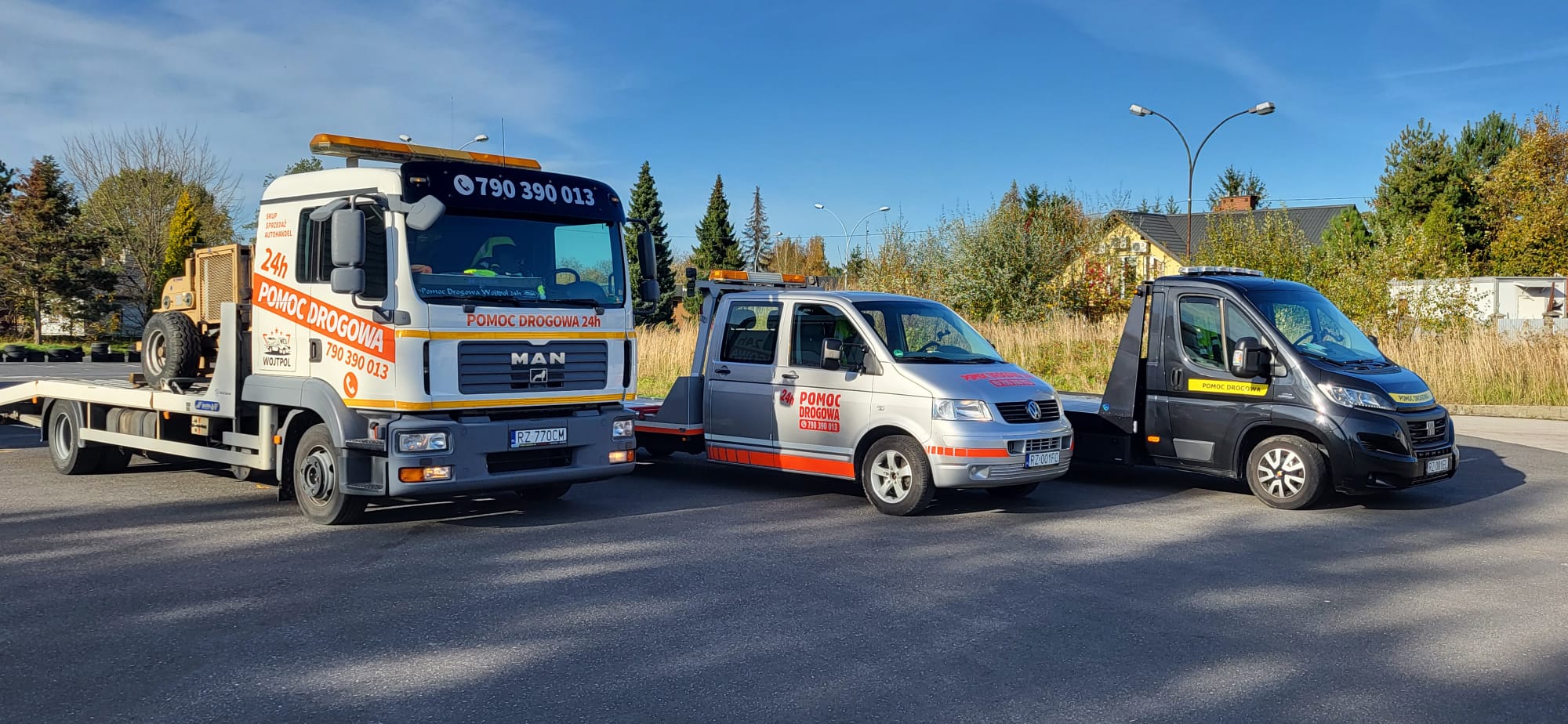Getting a Home solar energy system quote is one of the smartest moves when you’re thinking of switching to solar. Whether you want to lower your electricity bill, go green, or boost your home’s value, solar energy is a great solution.
But before making a big investment, you need to understand the numbers. That’s where a quote helps. In this guide, you’ll learn what goes into a solar quote, how costs are calculated, what affects pricing, and how to compare different quotes wisely.
Let’s explore everything you need to know in simple, clear terms.
What Is a Solar Energy System Quote?
A Home solar energy system quote is a detailed estimate of what it will cost to install solar panels and related equipment on your home. It includes costs for the panels, labor, inverters, wiring, permits, and any add-ons like batteries.
What’s Included in the Quote?
| Component | Description |
| Solar Panels | Main source of power, placed on your roof |
| Inverter | Changes DC from panels into AC for your home |
| Mounting System | Frames that hold panels in place |
| Labor Costs | Installation by professionals |
| Permit & Inspection Fees | Local fees for legal compliance |
| Monitoring System | Tracks your system’s performance |
| Battery Storage (Optional) | Stores excess energy for later use |
Quotes often vary based on your location, home size, and energy usage.
Why Quotes Are So Important
A Home solar energy system quote is more than just a price tag. It gives you key insights into your project and helps you make informed choices.
Why It Matters:
- Set a Realistic Budget: Avoid surprise expenses
- Compare Installers: Choose the best offer
- Plan Your Timeline: Know how long the process takes
- Understand ROI: Learn how long it takes to break even
It’s always a good idea to get multiple quotes before choosing an installer.
Factors That Affect Solar Quote Costs
Several things can change the final price of your solar system. Knowing them helps you understand what’s fair and what’s not.
1. System Size (kW)
The more panels you need, the higher the cost. A bigger home with higher energy needs requires a larger system.
2. Panel Type and Efficiency
Premium panels cost more but offer better performance. Standard panels may be cheaper but might not last as long.
3. Roof Shape and Condition
Complicated roof shapes or old roofing may raise the cost. A flat or south-facing roof makes installation easier and cheaper.
4. Location and Sun Exposure
Homes in sunnier areas need fewer panels. Local installation costs and permits also vary by state and city.
5. Battery Storage
If you add batteries for night use or power outages, your cost will rise, but so will your energy independence.
Subheading: Home Solar Energy System Quote Tips
Getting the best Home solar energy system quote requires asking the right questions and knowing what to look for.
Questions to Ask Installers:
- Is this quote a fixed price or estimate?
- Are permit fees included?
- What warranty is offered for equipment and labor?
- Does the quote include battery storage?
- Can you show expected savings over 20–25 years?
Do’s:
- Get 2–3 quotes for comparison
- Review each item line-by-line
- Ask for system performance projections
- Look for warranties of 20 years or more
Don’ts:
- Don’t go with the cheapest without comparing features
- Don’t ignore unclear or vague line items
- Don’t skip reading reviews or checking licenses
Average Costs for Home Solar Systems
Let’s break down typical prices to help you plan your budget.
Solar Cost Estimate Table
| System Size (kW) | Cost Before Incentives | Avg. After Incentives |
| 3 kW | $9,000 – $12,000 | $6,300 – $8,400 |
| 5 kW | $12,000 – $18,000 | $8,400 – $12,600 |
| 8 kW | $18,000 – $24,000 | $12,600 – $16,800 |
| 10 kW | $22,000 – $30,000 | $15,400 – $21,000 |
Note: Prices vary by state and installer. Federal tax credits and state rebates can reduce costs significantly.
What Makes a Quote “Good”?
A good quote is clear, detailed, and tailored to your home. It should be more than just one big number.
Look for These Elements:
| Item | Why It’s Important |
| System size in kW | Tells you how much power you’ll generate |
| Brand of panels & inverter | Quality brands offer better warranties |
| Total system cost | Shows full cost, including equipment & labor |
| Net metering info | Explains how you earn credits |
| Warranty length | Covers parts and labor in case of failure |
| Expected yearly savings | Helps you plan return on investment |
Comparing Multiple Solar Quotes
How do you choose between different quotes? Use a table to compare.
Sample Comparison Table
| Feature | Quote A | Quote B | Quote C |
| System Size | 6 kW | 7.2 kW | 6.5 kW |
| Panel Brand | LG | Q CELLS | JinkoSolar |
| Inverter Type | Enphase | SolarEdge | Fronius |
| Battery Included | No | Yes | No |
| Total Price | $15,000 | $18,400 | $16,200 |
| Warranty Length | 25 yrs | 20 yrs | 25 yrs |
| Est. Annual Savings | $1,000 | $1,200 | $1,050 |
Pick the one that gives the best value for your goals and budget.
How to Reduce Solar Installation Costs
Looking to save money without sacrificing quality? Try these tips:
- Choose standard-sized systems if your usage is average
- Skip unnecessary add-ons like high-end monitoring
- Use available tax credits and state rebates
- Install during off-season (spring or fall)
- Combine roofing and solar jobs if replacing your roof
Even simple changes can lower your Home solar energy system quote by thousands.
Battery Storage: Worth It or Not?
Batteries let you store solar energy for later use, like at night or during blackouts. But they do increase upfront costs.
Pros and Cons of Battery Storage
| Pros | Cons |
| Backup during power outages | Expensive upfront |
| Lower grid usage | May require extra permits |
| Boosts energy independence | Adds to installation time |
If you live in an area with frequent outages or no net metering, batteries may be worth the cost.
Solar Financing Options
Can’t afford to pay everything upfront? No problem. There are different ways to finance your solar project.
Popular Financing Methods
| Option | Description | Best For |
| Cash Purchase | Full ownership, highest long-term savings | Homeowners with cash reserves |
| Solar Loan | Monthly payments, own the system | Most homeowners |
| Lease | Lower upfront, but no ownership | Budget-focused households |
| PPA (Power Purchase Agreement) | Pay only for power used | Those who want no maintenance |
Each option has pros and cons. Always review terms before signing any contract.
Solar Quote FAQ Section
1. How do I request a home solar energy system quote?
Getting a Home solar energy system quote is easier than most people think. Start by finding 2–3 local solar installers. You can search online or ask neighbors who have solar. Once you find a company, reach out through their website or phone and ask for a free quote. Most companies offer a no-obligation site visit or ask for your electricity bill and roof photos. Some may even use satellite tools to design a virtual layout. After gathering info, they’ll send you a quote by email, usually within 3–5 days. This will show you what size system they recommend, what equipment they’ll use, and how much it will cost. Some quotes even include projected savings over time. Be sure to ask questions and compare with other quotes before deciding. A quote is not a final contract—just a price estimate. So take your time and choose wisely.
2. What is included in a typical solar quote?
A proper Home solar energy system quote should clearly list the full system cost, system size (in kilowatts), panel and inverter brand, expected yearly savings, installation timeline, and warranty terms. It may also include optional battery storage and add-on features like monitoring systems. Some quotes break down the cost by materials, labor, permits, and taxes. A good quote also estimates how much electricity your panels will produce, how long they’ll last, and how much money you’ll save yearly. Look for warranty details, as good systems offer 20–25 years. Some quotes will also mention state or federal incentives you can apply for. Be careful if the quote is vague or missing details. If needed, ask the installer to explain it step by step. A solid quote helps you plan, compare offers, and feel confident in your decision.
3. How much does a home solar system usually cost?
The cost of a solar system depends on size, equipment, and location, but the average Home solar energy system quote for U.S. homeowners ranges between $12,000 and $25,000 after tax credits. A typical 6 kW system, which is enough for many homes, might cost around $16,000 before incentives and about $11,000 after. If you include battery storage, costs could rise by $8,000–$15,000 more. The final price also depends on roof complexity, state rebates, installer labor rates, and your utility company’s policies. While it might seem high upfront, solar systems often pay for themselves in 6 to 10 years thanks to energy savings. Over 25 years, you can save tens of thousands. Always get a few quotes and ask each installer how your home’s location and power needs affect the total price. That way, you can make the best financial choice for your future.
4. Can I customize my solar quote based on my needs?
Yes, absolutely. A Home solar energy system quote can be customized based on your energy use, home size, budget, and preferences. Installers often create a system that fits your electricity habits by reviewing your energy bill and asking about future plans like electric vehicles or home additions. You can choose panel brands, inverter types, battery add-ons, and monitoring options. If you’re on a tight budget, you might ask for a quote without batteries or smart features to save money. Some homeowners want only partial roof coverage at first and plan to expand later. Others want full off-grid setups. A good installer will explain your options and create several quote versions for comparison. Customization helps match performance with affordability. Don’t be afraid to ask for changes—it’s your home and your investment.
Final Thoughts
Getting a Home solar energy system quote is the first smart step to turning sunlight into long-term savings. A good quote helps you understand your options, plan your budget, and choose the right installer with confidence.




